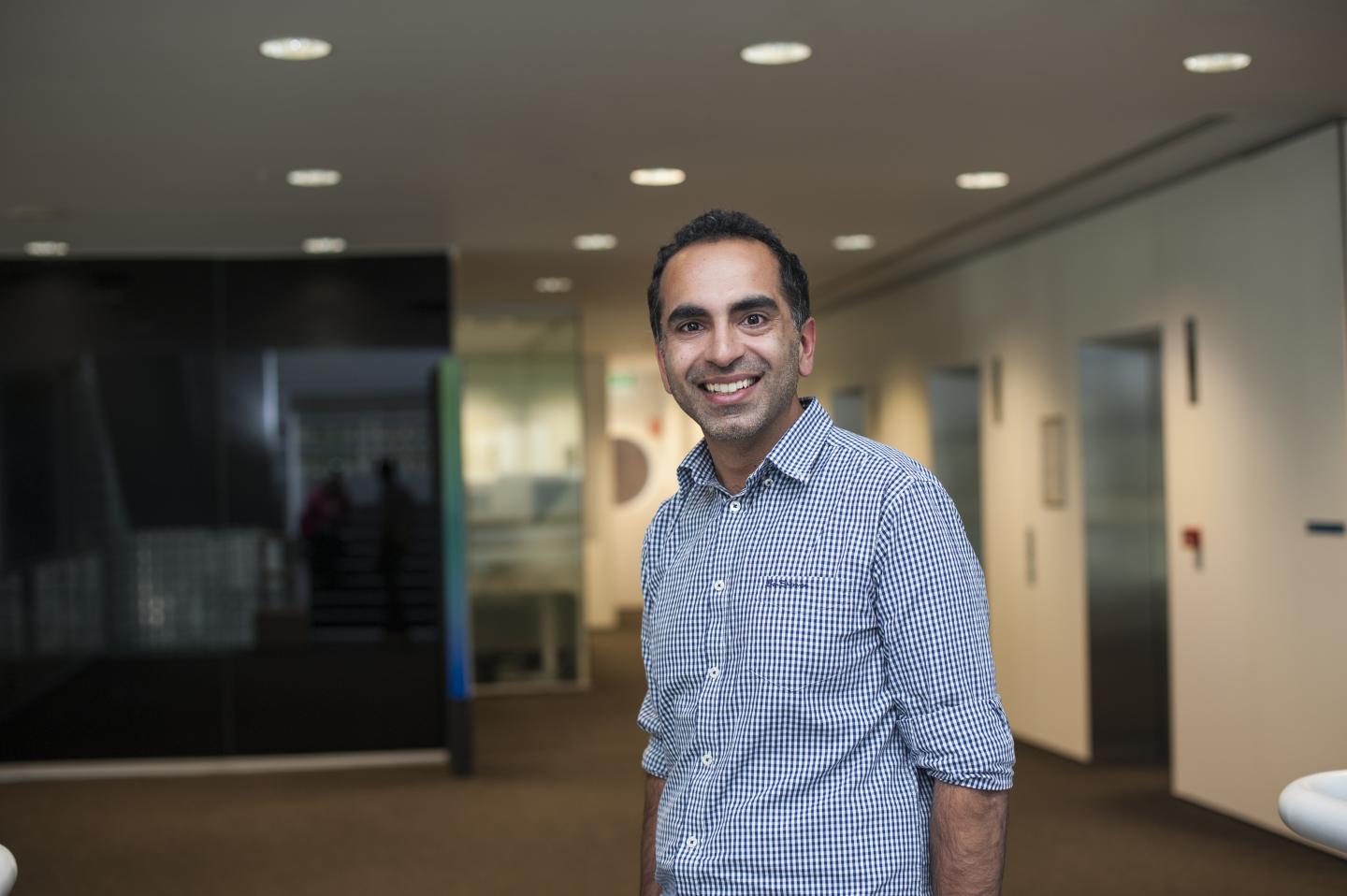Walter and Eliza Hall Institute researchers have launched one of the largest international efforts to prevent and treat maternal anaemia in developing countries. The study will also investigate the impacts of iron deficiency on the developing infant brain

Credit: The Walter and Eliza Hall Institute of Medical Research
Walter and Eliza Hall Institute researchers have launched one of the largest international efforts to prevent and treat maternal anaemia in developing countries. The study will also investigate the impacts of iron deficiency on the developing infant brain.
The trials, which have just opened in Malawi and Bangladesh, are aiming to recruit more than 6000 women and children. The research is being led by Institute haematologist Dr Sant-Rayn Pasricha, along with collaborators at the University of Melbourne in Australia, University of Malawi in Africa, and the International Centre for Diarrhoeal Diseases Research in Bangladesh.
Anaemia is one of the most avoidable causes of illness and death in the developing world, with serious health implications for hundreds of millions of mothers and babies.
Dr Pasricha said The World Health Organization (WHO) had set an ambitious target of halving the prevalence of anaemia in women by 2025.
“There has been almost no progress towards achieving the WHO target. Our efforts are aiming to change that. Through these pivotal trials, we want to find efficient and effective treatment strategies to help women and children reach their full iron needs,” Dr Pasricha said.
“We hope our findings will provide governments and the WHO with vital knowledge to improve public health policy and tackle this major challenge to global health,” he said.
Current oral options failing mothers
The current oral treatment approaches in lower-income communities in Africa and Asia are having a particularly devastating impact on global maternal health.
Dr Pasricha said current iron pill programs in poorer areas were ineffective because they required multiple healthcare centre visits over an extended period of time.
“The level of diligence required to keep up a full course of iron pills, limited access to medical centres and poor health infrastructure means an overwhelming number of pregnant women aren’t getting the iron they need,” he said.
Hope for intravenous iron booster
Working with colleagues at the University of Malawi, and with the support of AUD $4 million in grants from The Bill & Melinda Gates Foundation, a Malawi-based trial is now underway to test the impact of an intravenous iron treatment used successfully in developed countries such as Australia which can safely and rapidly boost iron count to recommended levels in one 15 minute session.
“In addition to the life-saving benefits for mothers, previous studies have shown that successful iron interventions increased gestation periods by half a week, almost halved the incidence of prematurity, and improved birthweights by 150 grams,” Dr Pasricha said.
Backed by more than AUD $7.5 million in funding from the NHMRC, a further two trials in Malawi and Bangladesh will gather world-first evidence on the risks and benefits of mass iron intervention for babies in developing countries.
Impacts on development and disease
Dr Pasricha said the positive impacts of iron on brain development and physical growth had been widely assumed for decades, but there was no existing data to support the theory.
“With the help of trained psychologists, we will gather evidence on the impact of iron on cognitive development, behaviour and physical growth measures such as height and weight.
“In addition to brain development, the studies will assess the associated risks of iron intervention in children in poorer communities, such as increased susceptibility to diseases that thrive on iron in the blood, including malaria and some bacterial infections such as salmonella and E. coli,” Dr Pasricha said.
The findings could help to improve global health policy, said Dr Pasricha. “We hope to provide a rationale for the prudent allocation of government funds and resources, as well as improvements for administering iron through public health programs worldwide.”
Professor Kamija Phiri, chair of Clinical Epidemiology at the University of Malawi, said the studies would inform a clinical rationale and cost-benefit analysis for implementing the best treatment methods in any low-to-mid-income country setting.
“We are excited about the possibility of making an important contribution to one of the biggest challenges facing women and children in underserved populations, with broader lessons about the impact of iron on the brain and body,” Professor Phiri said.
###
The research is supported by The Bill & Melinda Gates Foundation and the Australian Government’s National Health and Medical Research Council (NHMRC).
Media Contact
Arunee Wilson
[email protected]
61-475-751-811




